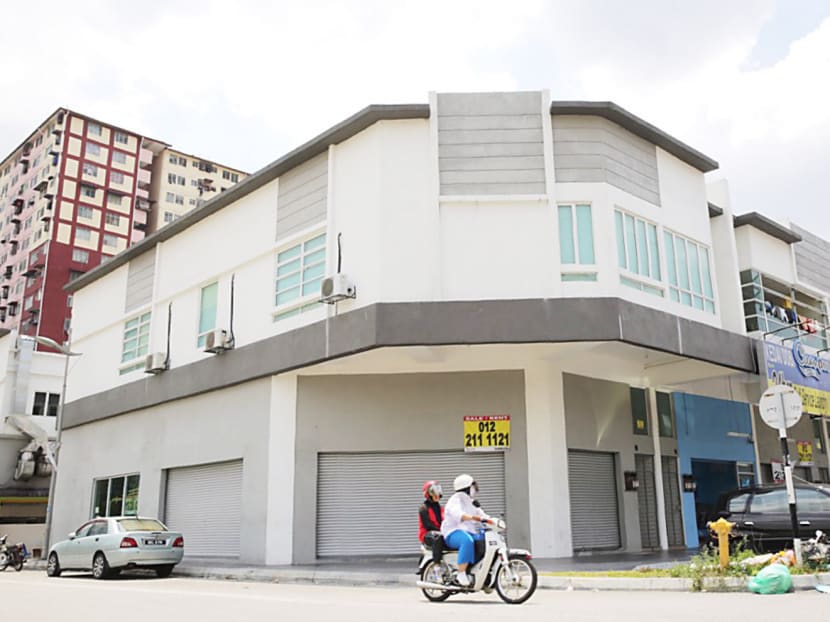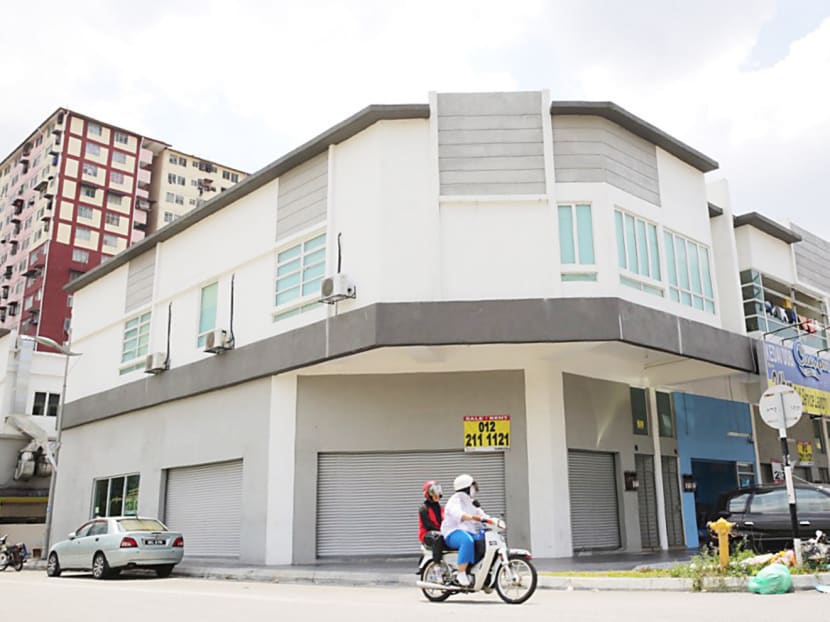Outrage over cross protest piles pressure on Najib
KUALA LUMPUR — An uproar over a protest on Sunday by a group of Muslims in Selangor demanding the removal of the cross of a church has put more pressure on embattled Malaysian Prime Minister Najib Razak.


KUALA LUMPUR — An uproar over a protest on Sunday by a group of Muslims in Selangor demanding the removal of the cross of a church has put more pressure on embattled Malaysian Prime Minister Najib Razak.
Netizens, politicians and lawyers condemned the protest in a Malay-Muslim majority residential area in Petaling Jaya, and pressed the government to take action against the protesters and protect minority rights.
Home Minister Ahmad Zahid Hamidi yesterday called the protest seditious and vowed that action would be taken against the offenders, contradicting an earlier assertion by the country’s police chief that the protesters’ actions were not seditious.
“Of course action is to be taken. I am very colour-blind. The police are very colour-blind. Action has to be taken or will be taken against them (the protesters),” Mr Zahid, told the media yesterday.
About 50 people had gathered outside the new church on Sunday, demanding the removal of the cross affixed to the house of worship on the grounds that it was challenging Islam and could sway the faith of young Muslims. Among those present at the protest was Mr Abdullah Abu Bakar, the older brother of police chief Khalid Abu Bakar, along with several other members of the ruling United Malays National Organisation (UMNO) party.
The cross was taken down by church leaders a few hours after the protest.
At a news conference yesterday, Mr Khalid dismissed any suggestions that the protest was seditious. “We do not see it as seditious as it did not touch on Christianity but only on the location of the church,” he said, adding that his brother was present only to help manage the situation.
Mr Abdullah, an UMNO branch chief, also said in a statement that the UMNO members were present to mediate, adding that they managed to stop some of the more radical residents who had threatened to remove the cross had the church not done so itself.
This was not the first time a protest has been held against a church.
In November last year, a Muslim group also organised a demonstration to protest the construction of the four-storey church in Petaling Jaya.
Ms Haniza Mohamed Talha, an opposition lawmaker of the district where the protest took place, criticised the behaviour of the protesters. “(The protesters) assume that the faith of Muslims is so fragile that just by looking at a cross, they will be driven away from Islam,” she said. The Council of Churches Malaysia claimed the protest was politically-motivated to stir up religious tensions in Selangor.
In condemning the protest, the council’s general-secretary Dr Hermen Shastri said it was not surprised that such an incident had taken place yet again in the state, which is ruled by the federal opposition coalition, Pakatan Rakyat. “It is obvious that there is a political agenda behind such acts from certain quarters, who are out to instigate and increase inter-religious tensions in the state,” he said. He urged the authorities to “take firm measures against anyone who seeks to disrupt the worship of others, and who seeks to act above the law by imposing their religious views upon people of other faiths, by show of mob force”.
Mr Tony Pua, a lawmaker from the Democratic Action Party, called on UMNO lawmakers who recently voted in support of the amendments to the Sedition Act to make their stand known to the protesters. “Will the above case only go to show how the Act was constructed strictly targeted against non-Muslims while Muslims who infringed on the rights of others will get away scot-free?” he said.
Malaysia strengthened its controversial sedition law earlier this month, imposing a minimum jail term of three years and allowing the government to block online media deemed to be seditious. The toughening of the Sedition Act comes after a crackdown in which scores of people have been detained under the law in recent weeks.
Mr Najib has come increasing pressure in recent months over a series of controversies, including the state investment vehicle 1Malaysia Development Bhd (1MDB), which has amassed a RM42 billion (S$15.6 billion) debt.
Sunday’s protest poses another headache for Mr Najib, following several recent cases that have heightened religious tensions with Malaysia’s Christian minority population. Last week, 320 Malay-language bibles were seized because they used the word “Allah” to refer to God. Earlier this year, Catholic newsweekly Herald was also banned from using the word “Allah” in its publications. AGENCIES






